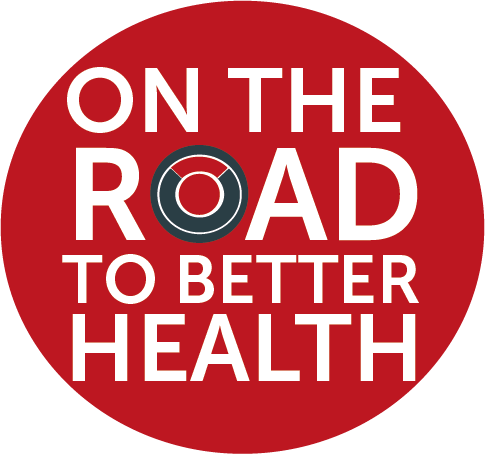Proud to support the safety and wellbeing of HGV drivers around the UK.
The wellbeing of drivers in the UK and the lack of support they have received, has been described as a ‘time bomb waiting to go off “ and of “public concern” (Clemes et al). In addition, the fact that according to the same research, an overweight driver is 50% more likely to be involved in an accident, together with evidence associating an unhealthy diet with an increase in dangerous driving behaviours, suggests there is a strong link between diet and safety.
This ‘under-served’ occupational group whose working environment is not conducive to a healthy life style, can be helped through some practical and low-cost changes. We feel that driving change for the better is in everbody’s interest.
Our wellbeing plan spans across the year, targeting a different health area each month. We commissioned our own health and wellbeing survey with drivers across the UK to gauge priorities and themes according to the drivers’ identified needs.
In addition, the programme has been designed to incorporate preventative measures to address health conditions that drivers can typically go on to develop due to the nature of their work. This has been based on medical research from the BMJ which identified a higher incidence of certain conditions and ill health in HGV drivers compared to the rest of the population (e.g., diabetes).
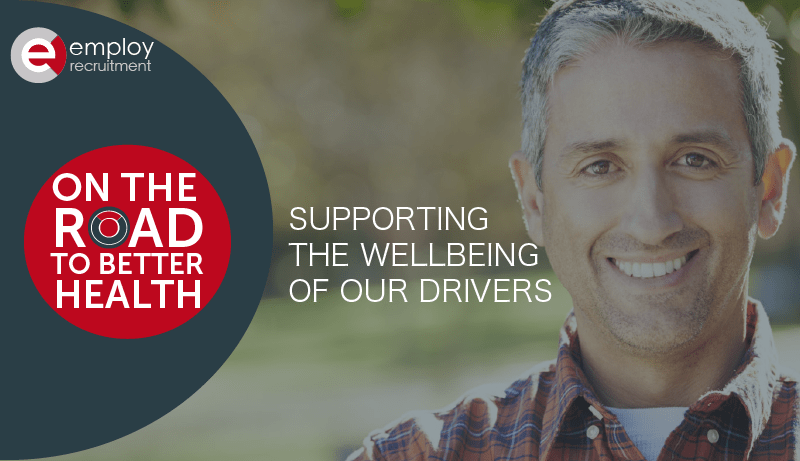
A mixed approach of information, education, user involvement, practical support, networking opportunities, campaigns to elicit change and access to further help, has been adopted to meet the drivers’ needs.
Identified health areas:

Healthy Weight & Diet
Our survey identified this to be a key area that drivers wanted help with and links to a lot of other health issues like blood pressure, back pain and diabetes. We have started to increase driver awareness on diet aimed specifically at service station food and drinks with healthy idea alternatives. We have also provided information on how weight links to diabetes, blood pressure, sleep issues, and back /joints problems.

Back And Joint Care
Survey results identified back and joint care as a priority, with the highest incidence of drivers reporting issues in this category. We also felt that focusing on this area had the additional benefit of being useful for all our drivers since they can also gain from information on preventative measures. We developed a library of support including a video by physio/sports therapist demonstrating good back care and exercises to do, a trucker advising on how to exit the vehicle safely to avoid back jarring, as well as fact sheets and signposting for professional help e.g osteopath, chiropractor, and physio with information on what they do.

Sleep Management
So many drivers have difficulty sleeping in the cabin (50%) – which suggested a significant need. We have developed support and information on sleep hygiene as well as practical tips on food, activity, music and the cabin environment. Information on sleep deprivation and links to saftey were provided.

Managing Loneliness
The nature of HGV drivers work means they are more likely to feel lonely; our starting point centred around on how to develop a support network and developing a social life.
We utilised ‘Loneliness awareness week’ 13th to 17th June to help drivers see that loneliness is quite a common problem and affects a lot of people. As well as helping to destigmatise loneliness and break barriers to talk about it, we prompted practical opportunities to develop more interaction between Employ drivers.

Managing Finance
People can find it difficult to discuss money and we felt it was important to signpost for our drivers for help as financial worries are a leading cause of suicide amongst men. We shared national helpline resources, techniques, and how money worries link to and cause mental health issues. At the time we appreciated it’s not applicable to everyone, however, more recently so many people are affected by the cost of living crisis.
We also introduced a real-time payslip function within the Employ app to help drivers monitor and check their pay througout the week. This is an added benefit to help our drivers budget effectively.

Managing Depression
Depression was found to be a priority according to the survey results and of concern generally within the sector as the union also identified an increase in mental health issues amongst drivers and logistics workers. A large topic with lots of information to focus, our first step was to destigmatise mental health and promote talking as so many TV campaigns have tried to do. We listed resources to enable access to help, provided education on self-help techniques, and gave explanations of what counselling is as well as what to expect in order to promote engagement in help for those in need.
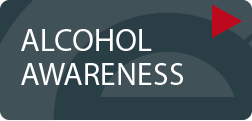
Alcohol Awareness
We felt there was an opportunity to re-educate and create triggers on how to change habits towards alcohol. We created tips on how to reduce and monitor intake over the Christmas and holiday periods, including lists of low alcohol alternatives and general health reminders of benefits.
Introduction of the concept of ‘Dry January’, was successful and will continue each year.
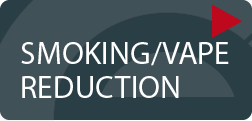
Smoking And Vaping Reduction
We felt it important not to become too forceful in our approach and offer help to those smoking and vaping but not assume that people wanted to reduce or give up – peopel have a choice. Therefore we widened our approach to ‘changing habits and understanding oneself more’ to widen the target audience and be applicable to more people.

Managing Stress
Our survey results suggetsed that this was a priority for many of our drivers. Stress management is large topic with lots of information, but our primary focus was on self-help techniques, prevention of stress and how it can impact one’s physical health.
Starting with the basics of explaining the difference between anxiety and stress, how the role of hormones link back to diet, sleep and physcial exercise.

Talking About Emotions
We launched this support with the ‘Talk to Us’ awareness month which helped t0 normalise talking about emotion as well as linking it to the have a cuppa ‘let’s talk’ national campaign to promote talking about feelings in a practical every day scenario.
Support centred around encouragement, interaction, and materials to promote talking more about mental health type issues to maximise impact; another large topic which required careful segmentation.

Mental Health Issues
Although the subject of mental health is becoming more openly discussed, there is still some way to go.
Support material was and still is accessible via the private Facebook group and soundbites on social media.

General Health Review
We plan to design and circulate a follow-up questionnaire that incorporates questions from the previous survey as well as ones to ask about the 12-month programme. Our aim is to estbalish how helpful and effective activities have been. Also we want to ascertain if they have suggestions for further areas that could be addressed.
Connected Communication
We have started to create a driving community whom we can support and who can support each other. A sense of belonging and camaraderie takes time to develop but well worth establishing. The programme has been carefully designed to engage drivers initially using a focus on practical information on physical health, whilst slowly introducing concepts more associated with mental health. A private Facebook group has been created to help drivers feel comfortable communicating and to encourage engagement with one another.
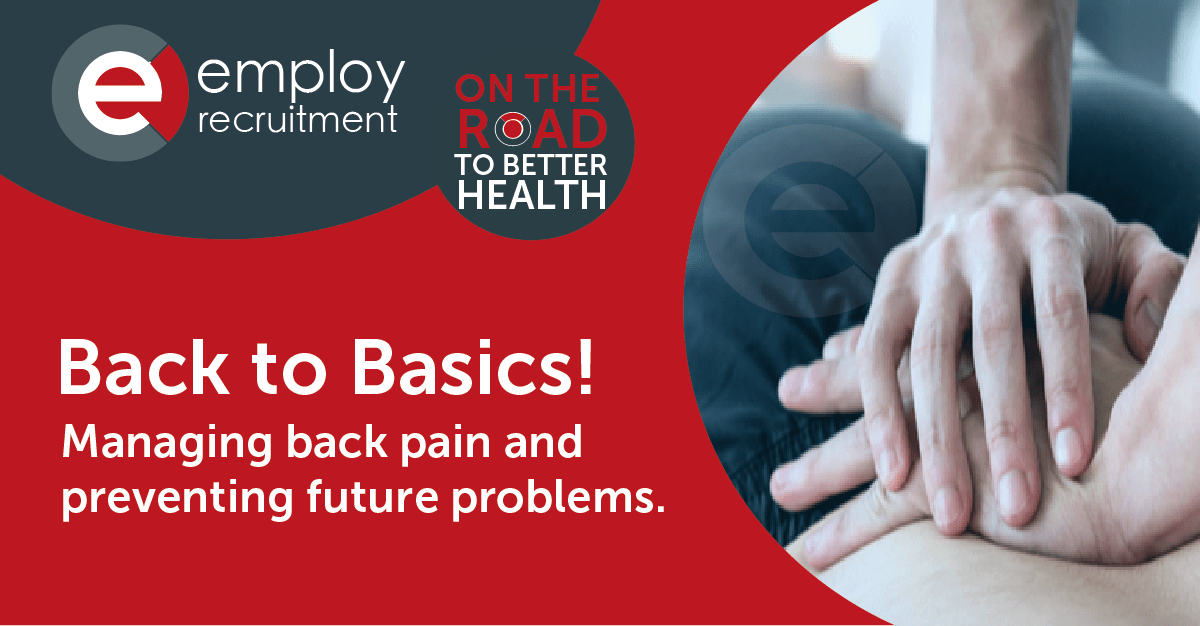
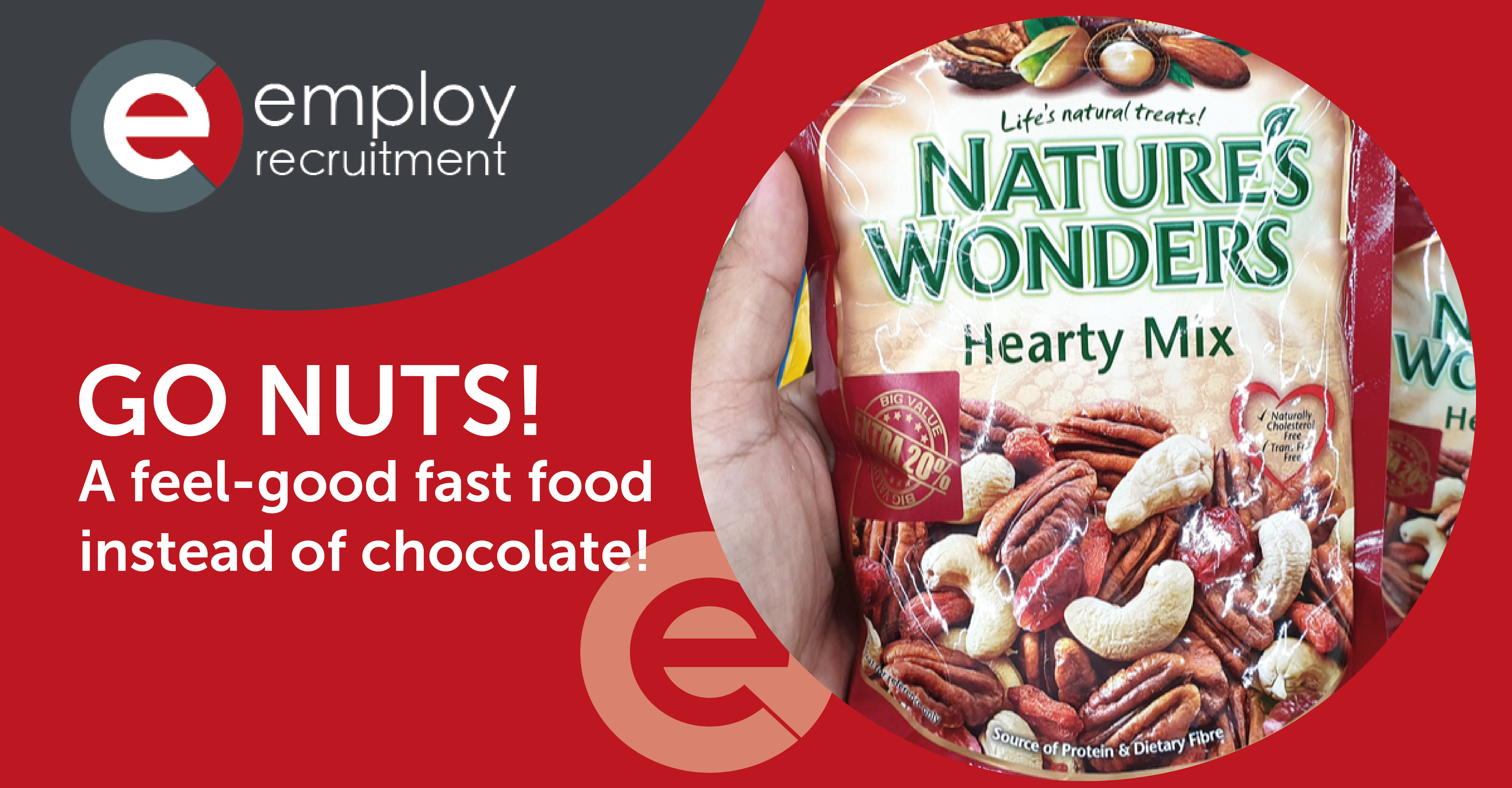
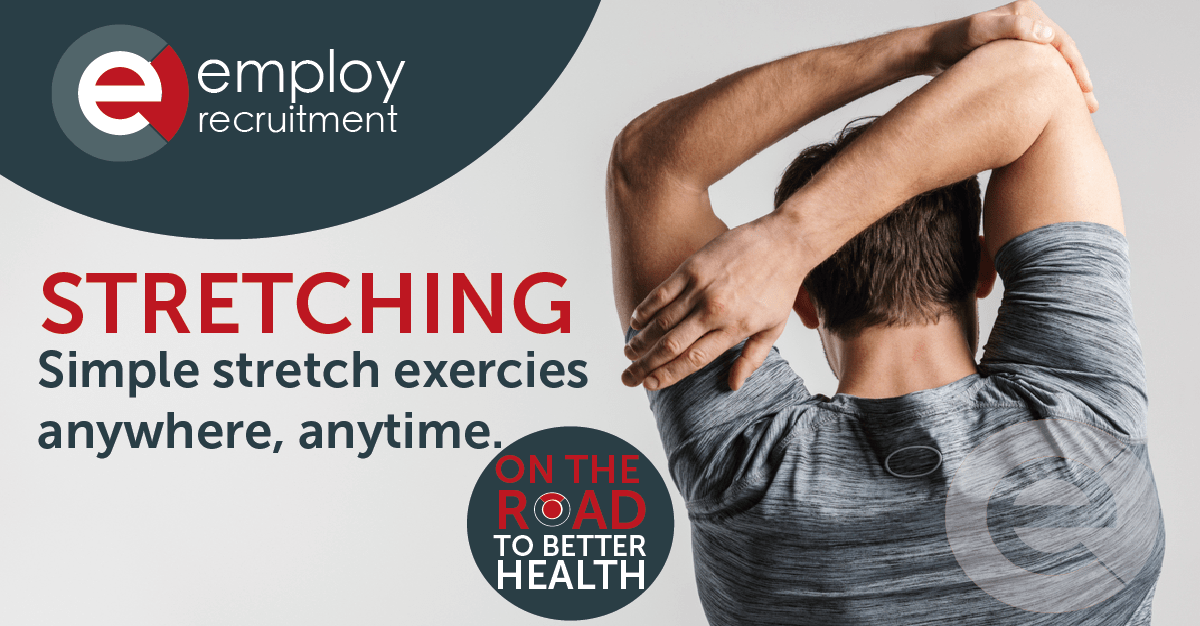
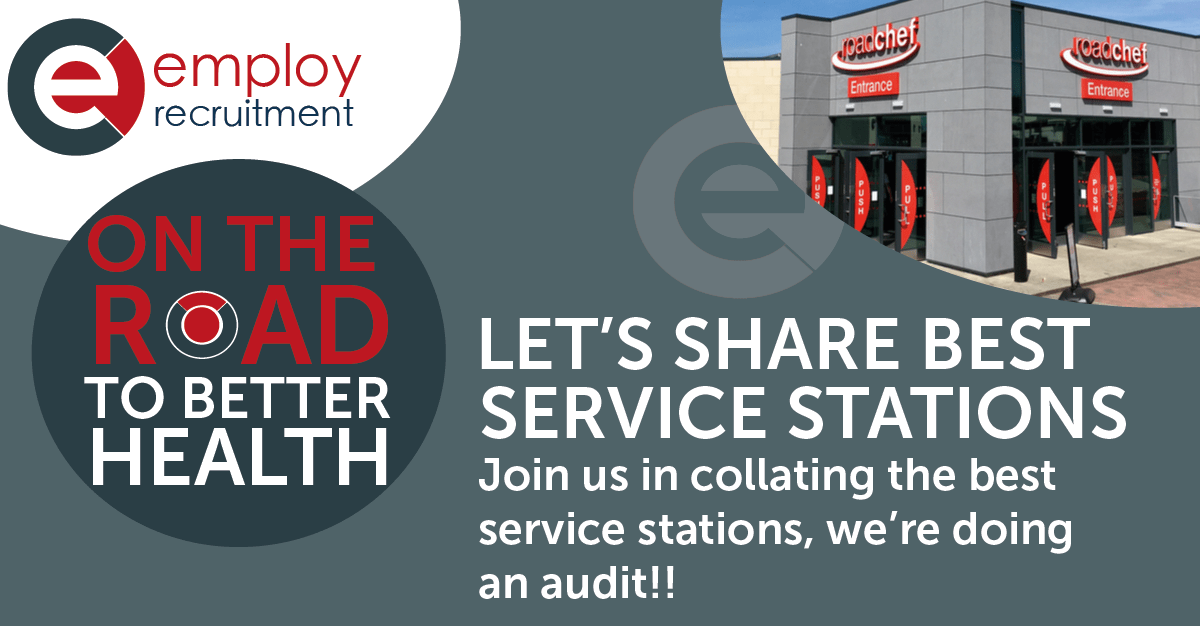
Improving Facilities
Service station facilities up and down the country play a crucial part in improving the health and wellbeing of drivers, hence the Government’s pledge for improvements. It’s not only food and drink choices which affect health but sleeping conditions, appliance availability, such as a kettle and cleanliness of washing areas. We designed an audit, via the Employ App, for drivers to assess services facilities and shared findings via a league table of best service stops to use.

